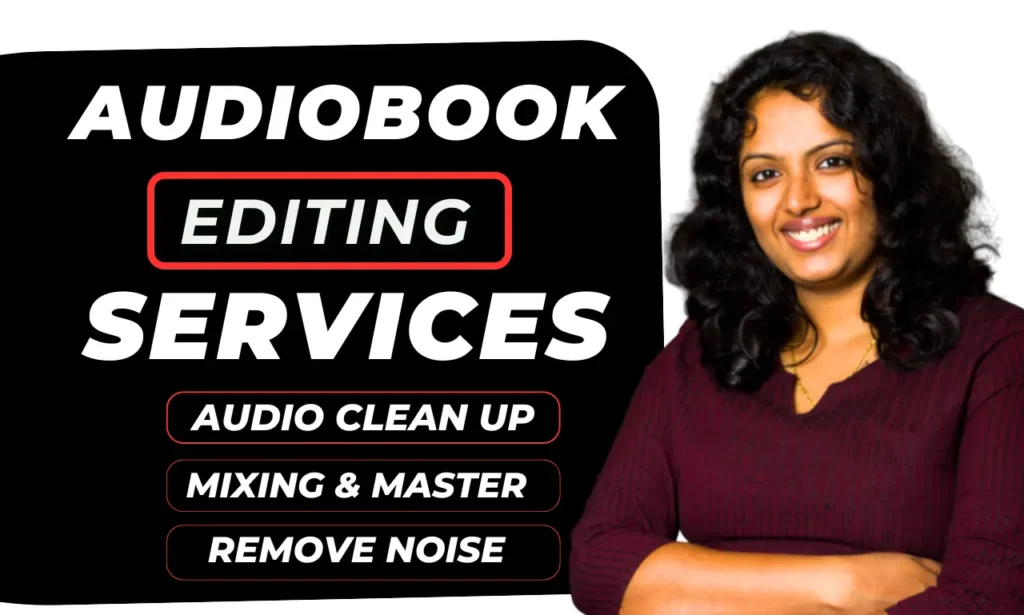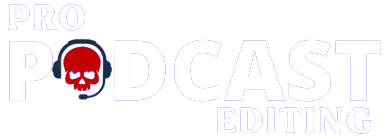AUDIOBOOK EDITING SERVICES
Your recorded book needs editing and mastering! Your searching for audiobook editing services is ended here! We have 5 plus years experience in audiobook post production, 500+ books edited and mastered for ACX and other platforms. Our services is famous for proofreading, removing the retakes, remove the long & dead spaces, mouth clicks, master and enhance overall audios sound quality.
⭐⭐⭐⭐⭐ 100+ Reviews
Licensed & Certified
100% Satisfied clients
Serving Since 2022
Audiobook Editing Pricing?
Light or complex edits for both editing and production available.
Choose one of the packages or ask for a custom one.
Basic
60 minutes raw file
Delivery within 2 days
$60
Standard
4 hours raw file
Delivery within 5 days
$200
Premium
10 hours raw file
Delivery within 7 days
$500
Latest Edited & Mastered Audiobook




Audiobook Mastering for Distribution We’re here to help too.
| Service | Description |
| Proofing | Correcting misreads, mispronunciations, and pacing issues |
| Editing Removing | breaths, mouth clicks, background noise |
| Mastering | Ensuring proper RMS levels, peak amplitude, and noise floor |
| Meta-tagging | Preparing files with correct metadata for retail platforms |
| File Formatting | Converting files to ACX or platform-specific formats |
| Retail Sample Creation | Curating a compelling sample to attract listeners |

Audiobook Editing Software & Tools
allows audio analysis, clean edits, and reliable mastering results without altering the natural voice tone.
Which software should I use for recording?
Our expertise is such that it doesn’t matter what software you recorded with or in what environment we will provide you a fully edited and mastered final product. Looking at the delivered file, you’ll feel like you recorded this podcast with an expensive microphone in a high-standard Podcast studio.




